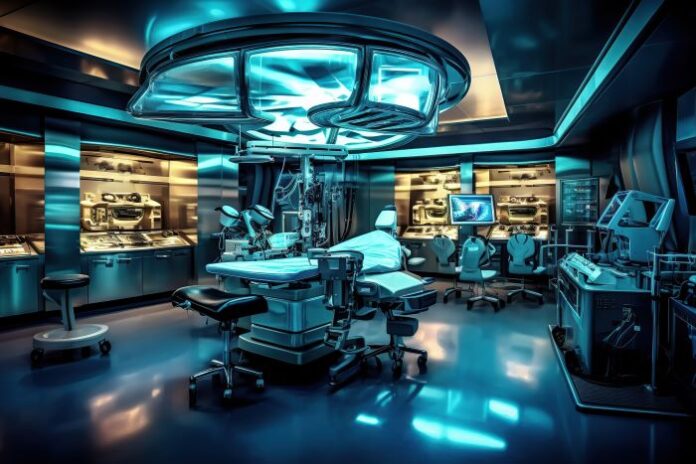Overview of the GI Industry
The gastrointestinal (GI) medical industry is a dynamic sector encompassing a wide range of technologies, pharmaceuticals, and diagnostic tools designed to address disorders within the digestive system. This industry is experiencing steady growth of about 10% globally, fueled by an aging population with an increased incidence of gastrointestinal disorders. So how do we provide better patient outcomes?
Major players include multinational pharmaceutical companies, medical device manufacturers, and diagnostic equipment providers like Boston Scientific, Olympus, Cook Medical and others are active in this field. Ongoing research focuses on advancing diagnostic accuracy and early detection of malignancies, therapeutic interventions, and patient outcomes, with an emphasis on minimally invasive techniques.
ERCP
Endoscopic Retrograde Cholangiopancreatography (ERCP) holds a pivotal role within the gastrointestinal (GI) industry as a specialized endoscopic procedure. This technique is employed for both diagnostic and therapeutic purposes, focusing on disorders of the bile and pancreatic ducts.
ERCP plays a crucial part in the management of conditions such as gallstones, tumors, and strictures in these ducts. Despite its significance, tools and technologies in ERCP have not seen substantial development, presenting an enormous opportunity for innovation to improve the precision and efficacy of diagnostic and therapeutic outcomes. The evolution of ERCP tools is a key frontier in advancing the broader landscape of GI interventions. However, there are three major challenges:
- Technical complexity.
- The need for specialized skills to avoid potential complications.
- Limited visualization of the ducts and the associated radiation exposure.
In addition, cost containment in ERCP procedures is essential for maintaining healthcare affordability, optimizing resource allocation, and ensuring the sustainability of medical services in the face of rising expenses.
Overcoming these challenges involves ongoing research, technological advancements, and continuous training to improve the overall affordability, safety and efficacy of ERCP procedures, enabling better patient outcomes.
Innovation in ERCP
For this reason, companies are increasingly focusing their sights on innovation in this specialized field. While challenges such as regulatory processes and development costs exist, the growing awareness of unmet needs in gastrointestinal procedures is driving a positive change. The dynamic nature of the healthcare landscape, coupled with advancements in technology and evolving patient expectations, is encouraging companies to reevaluate their strategies and invest in the development of advanced ERCP tools. This proactive approach reflects a commitment to addressing clinical challenges and improving outcomes in gastrointestinal care, indicating a positive trajectory for innovation in the ERCP sector.
A specific challenge of the ERCP space is the need for an easier and more accurate navigation. An improvement in getting the required tools to the target site faster, more accurately and with fewer “wrong turns” is expected to have a direct impact on the rate of complications such as Pancreatitis, an inflammation of the pancreas with often serious complication.
Innovation to improve navigation can also enhance access to ERCP, making it a faster procedure, available for more physicians and healthcare centers.
One such innovation is in development by SwiftDuct, a portfolio company of the Israeli MEDX Xelerator. SwiftDuct is developing an advanced navigation kit that utilizes sensors to offer real-time indications for gastroenterologists, addressing the common issues of limited visibility and intricate anatomy encountered during ERCP. By providing instantaneous feedback, SwiftDuct’s technology is designed to minimize complications, making the procedure not only faster but also significantly safer and easier for both clinicians and patients. Thereby driving better patient outcomes.
The integration of advanced sensor technology in the navigation kit underscores a commitment to enhancing the precision and efficiency of ERCP, ultimately improving patient outcomes in gastrointestinal interventions.
Future Outlook
The GI industry is expected to see continued growth, driven by an aging population and an increasing awareness of gastrointestinal health. Technological advancements, including artificial intelligence and digital tools, are poised to transform GI diagnostics and treatments. Collaborations between medical professionals, researchers, and industry leaders are crucial for driving innovation. The future outlook is optimistic, with a focus on personalized medicine, patient-centric care, better patient outcomes, and novel therapeutic approaches, contributing to improved quality of life for individuals affected by gastrointestinal disorders worldwide.















